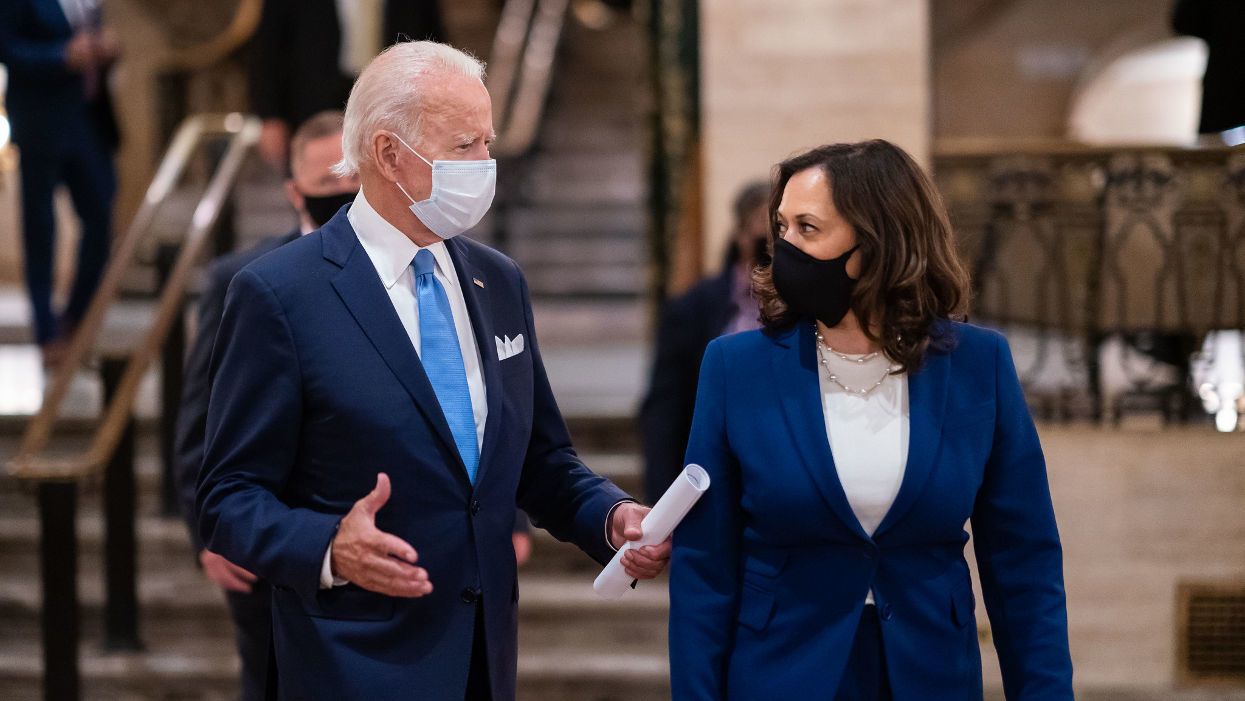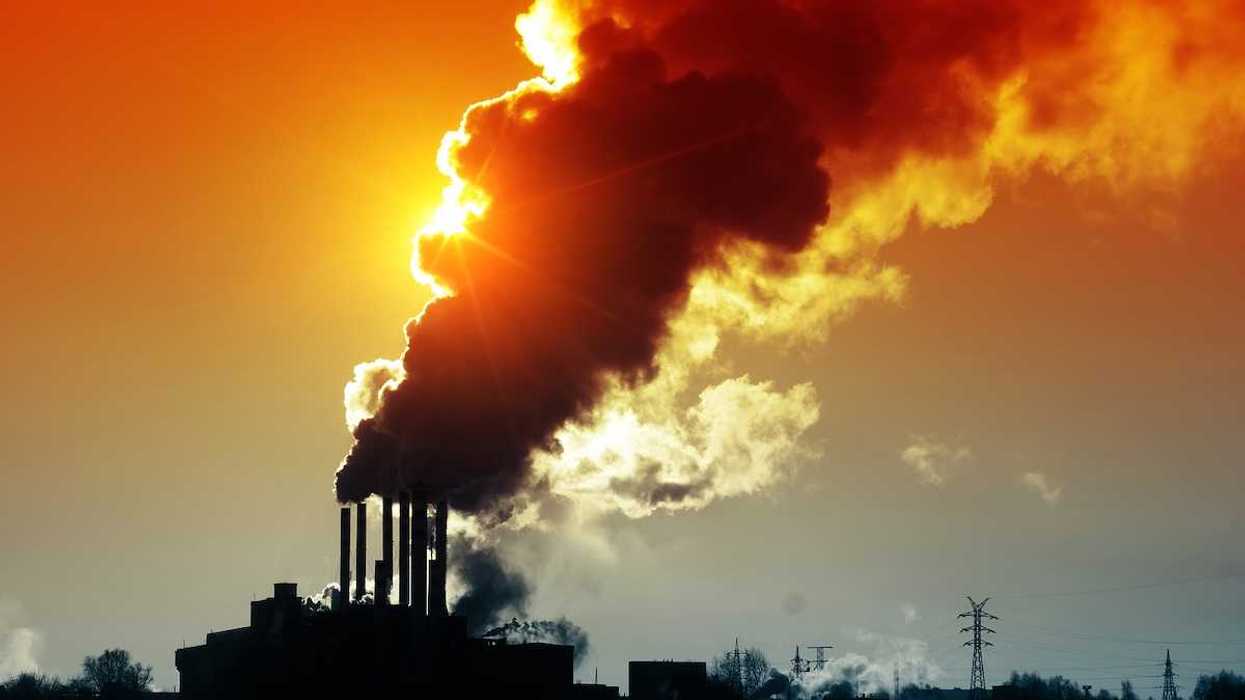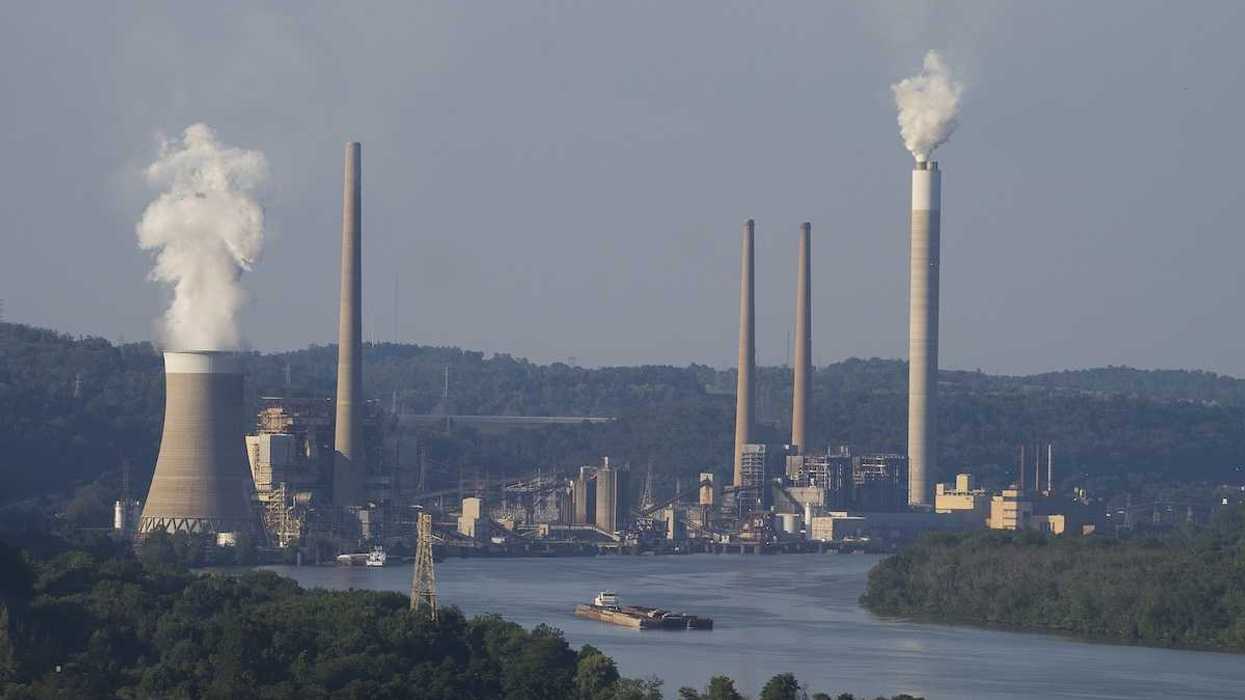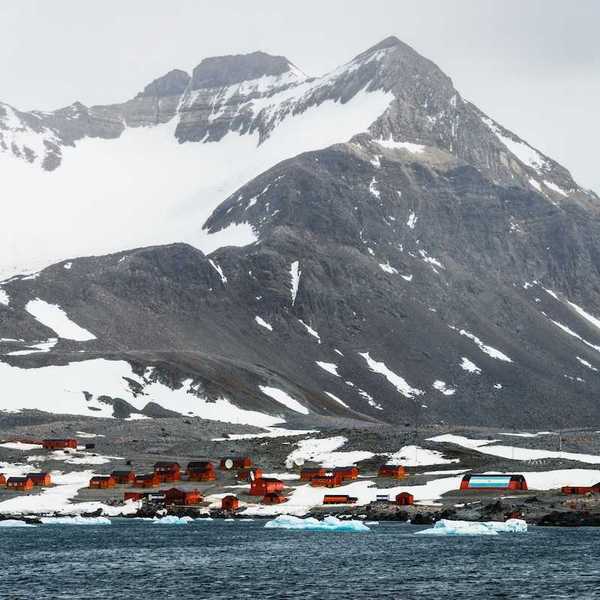Covid-19, the economy and climate change rank as the three greatest challenges facing the incoming Biden Administration.
Human health and the need for substantive and influential health leadership weave through all three.
But the looming public health crisis associated with climate change deserves particular attention.
Biden's policy developers are being informed by the "Climate 21 Transition Report," a group of recommendations for the White House and federal agencies developed by environmental leaders at the Nicholas Institute for Environmental Policy Solutions at Duke University.
This thoughtful first-step action plan offers guidance as to how the nation and the Biden Administration should approach the human, environmental, economic, and cultural damages that will be wrought by climate heating.
The report, however, has an unfortunate blind spot: It fails to capture the importance of health in efforts to mitigate and manage climate harms.
Given the substantial health threats related to climate change – and that the medical care industry is 18 percent of the U.S. economy, 10 percent of the nation's workforce and five percent of U.S. greenhouse gas emissions, a robust health accounting is essential.
The summary document mentions "health" four times across 31 pages, though never in ways a physician would find salient. While many agencies are listed, the Department of Health and Human Services is nowhere to be found.
Directions and thoughts about the Office of Management and Budget (enormously influential in the actions of government but often health-unfriendly) also do not contain the word "health." Other key terms – "illness," "disease," CDC, NIH, "hospital," "medical," even "suffering" – are also absent. The words "sickness" and "death" only appear twice.
The portion on the Department of Interior fails to identify human health at all, nor does it address physical activity, walking, or other health-promoting activities that would relate to the national parks and other important health-promoting assets. As we think about the future, the words "children" and "happiness" never appear.
In terms of quality and safety of human life, and in the provision of medical care, the production of energy and delivery of fuels and electric power are extraordinarily important. Yet, health never appears in the energy section.
In many ways, the most important agencies dealing with health are the Departments of Defense and of State. In the brief related to State (diplomacy, agreements, picking your battles, talking is better than killing), health again goes unaddressed. The Defense Department as well as the Department of Veterans' Affairs manage immense health systems, yet these are not recognized.
The Institute of Medicine of the National Academy of Sciences defines "public health" as a fulfillment of society's interest in assuring the conditions where people can be healthy. As an elected member of the institute and as a physician, I call on my fellow doctors to urge the Biden Transition Team to counter and reverse adverse human health impacts of climate heating.
We face a public health emergency. We must maintain a strong and powerful focus on the ways that public health can meet its mandate to create conditions where people can be healthy.
Dr. Richard J. Jackson is a pediatrician and professor emeritus at the Fielding School of Public Health at the University of California, Los Angeles. He was previously director of the Center for Disease Control and Prevention's National Center for Environmental Health.
























